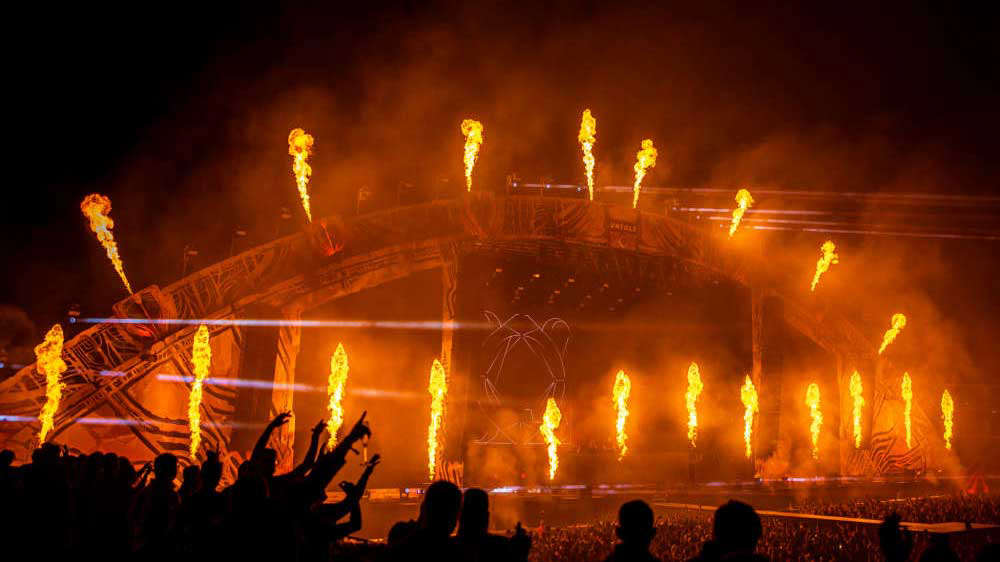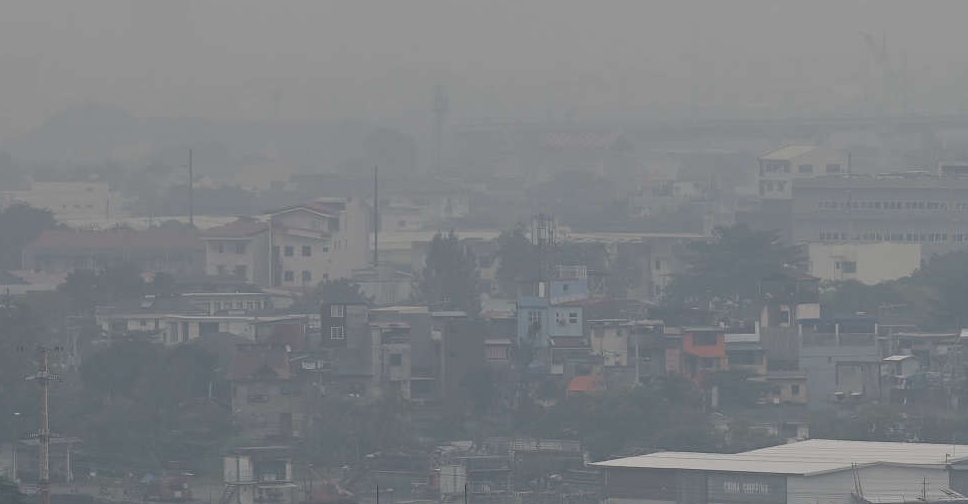
A small but restive volcano near the Philippine capital Manila spewed above average sulfur dioxide and volcanic smog on Friday, prompting authorities to close schools in dozens of cities and towns and to urge people to stay indoors.
The state volcanology and seismology institute said it observed upwelling of hot volcanic fluids in the Taal volcano's crater lake, resulting in the emission of volcanic gases. Heavy pollution also shrouded buildings in the capital region in haze.
The alert remained at level 1 on a five-level scale, denoting a "slight increase in volcanic earthquake, and steam or gas activity".
Located in a scenic lake in Batangas province near Manila, the 311-metre Taal is among the most active of 24 volcanoes in the Philippines.
Kennard Kaagbay, a tricycle driver in the province, has complained of throat irritation from the volcanic smog.
"It's bad for me to inhale the air because I have asthma. Our passengers don't go out as well because of the (smog), so we don’t get much passengers recently," Kaagbay said.
Randy Dela Paz, operations section chief of the civil defence's southern Manila office, told DWPM radio they received reports of respiratory illnesses in the province due to intoxication from the volcanic smog.
Volcanic smog, or vog, consists of fine droplets containing volcanic gases, such as sulfur, that can irritate the eyes, throat and respiratory tract.
Classes were suspended in several cities in the capital region and in dozens of towns and cities in Cavite, Laguna, and Batangas provinces.
The aviation authority on Friday told pilots to avoid flying close to the volcano's summit.
The Philippines is in the Pacific "Ring of Fire", where volcanic activity and earthquakes are common.



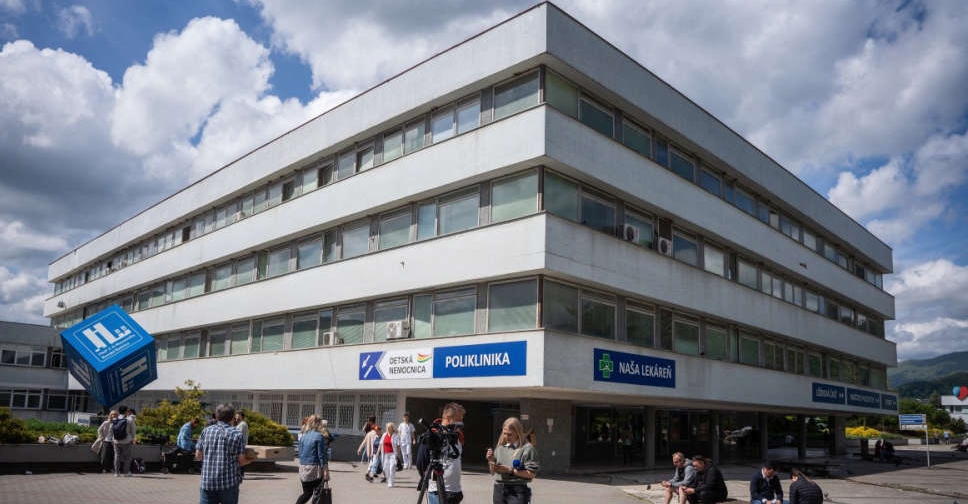 Slovakia's Prime Minister Fico still in serious condition, officials say
Slovakia's Prime Minister Fico still in serious condition, officials say
 Pakistan protests to Kyrgyz diplomat after violence
Pakistan protests to Kyrgyz diplomat after violence
 Netanyahu is declining in a new Israeli poll, while his rival outperforms him
Netanyahu is declining in a new Israeli poll, while his rival outperforms him
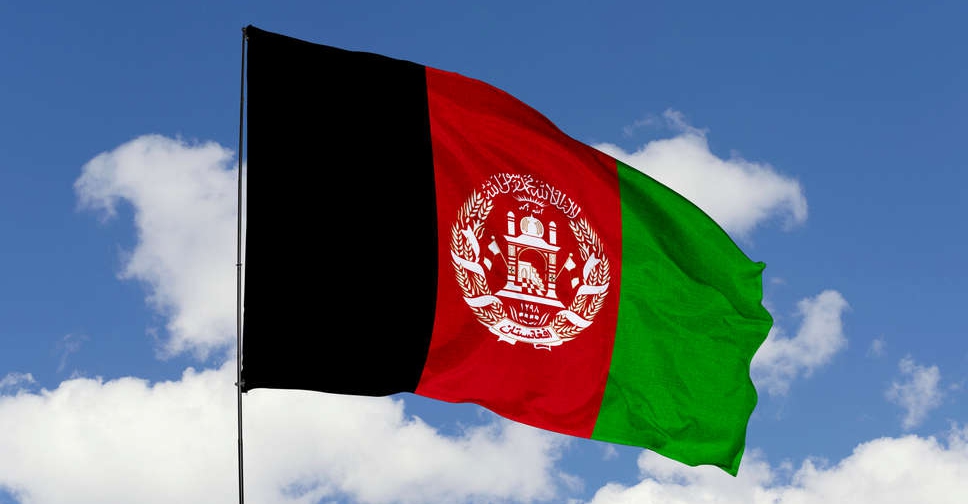 Fifty dead in heavy rain, floods in central Afghanistan
Fifty dead in heavy rain, floods in central Afghanistan
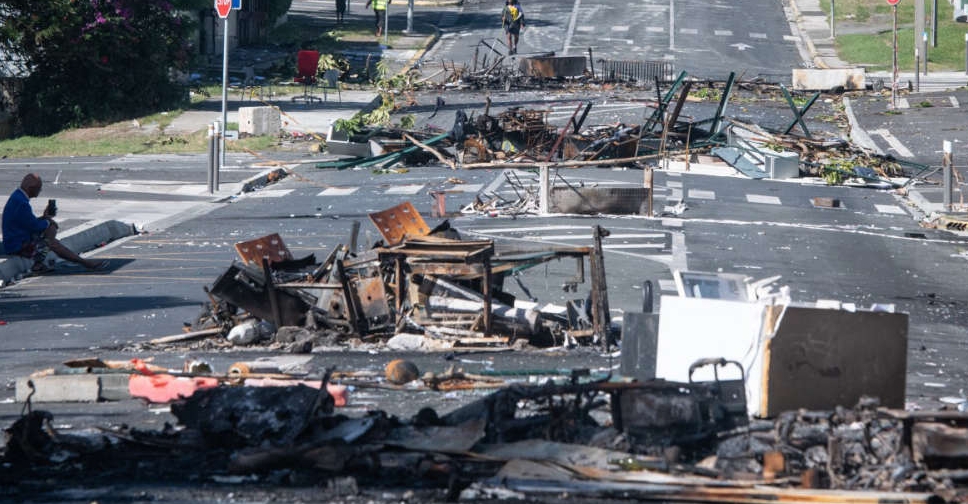 Australians stranded in New Caledonia amid civil unrest
Australians stranded in New Caledonia amid civil unrest




